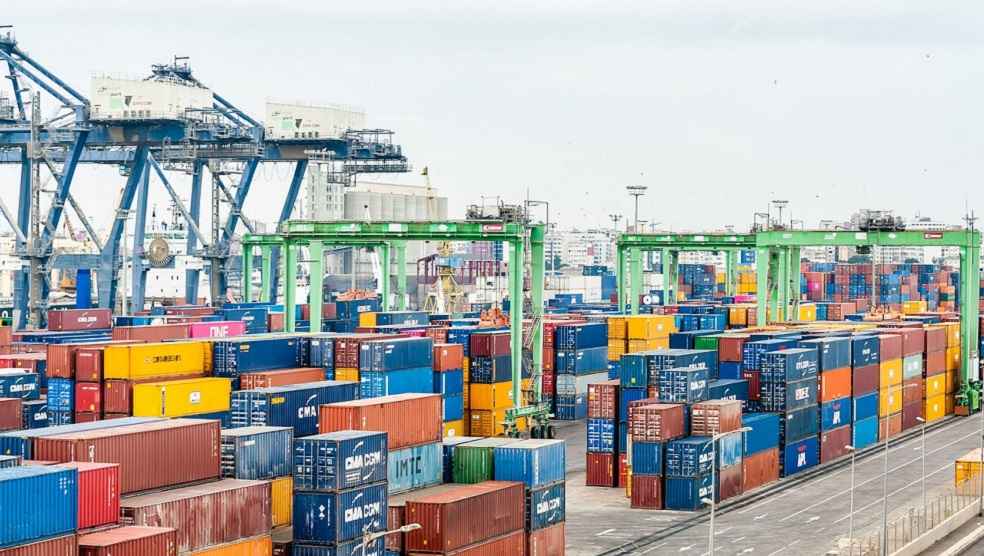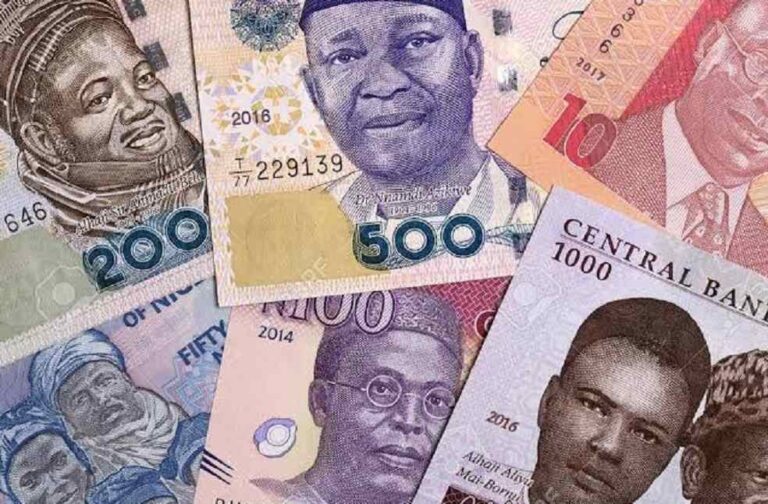India and Nigeria have resolved to accelerate the formulation of a local currency settlement system, a decision reached during the recent India-Nigeria Joint Trade Committee (JTC) session held on April 29-30 in Abuja, Nigeria. This marked the committee’s reconvening after a five-year hiatus, under the leadership of Amardeep Singh Bhatia, Additional Secretary in the Indian Commerce Ministry.
This strategic development aims to fortify economic connections by enabling transactions directly in Indian Rupees and Nigerian Naira, thus bypassing traditional foreign currency dependencies. The anticipated benefits include streamlined trade processes, reduced transaction costs, and enhanced liquidity for businesses operating within both nations.

The session spotlighted key sectors for bilateral collaboration, naming crude oil, natural gas, pharmaceuticals, unified payments interface (UPI), power and renewable energy, agriculture, food processing, education, transportation, and micro, small, and medium enterprise (MSME) development as focal areas. These sectors represent pivotal opportunities for boosting trade and investments, poised to yield substantial economic advantages for both countries.
The commitment to swiftly finalize the local currency settlement agreement was publicized on the social media platform X (formerly Twitter), signaling a mutual dedication to reinforcing economic ties.
India’s economic engagement in Nigeria spans several sectors, with significant presences in telecommunications, hydrocarbons, and pharmaceuticals. Indian automobile firms notably dominate a substantial market share in Nigeria. The trade volume between the two nations stood at $11.85 billion for the fiscal year 2022-23, with previous years reaching as high as $15 billion.

Concurrent with the discussions in Nigeria, the Indian commerce delegation engaged counterparts in Australia and New Zealand, underscoring India’s strategic intent to expand its international trade relations.
The forthcoming local currency settlement system, once operational, is expected to serve as a paradigm for other nations aspiring to bolster economic ties through similar frameworks, thereby minimizing reliance on dominant global currencies and facilitating more direct financial interactions.
IMEX SECTOR | Partnership Boosts Sustainable Cotton Production in West, Central Africa



